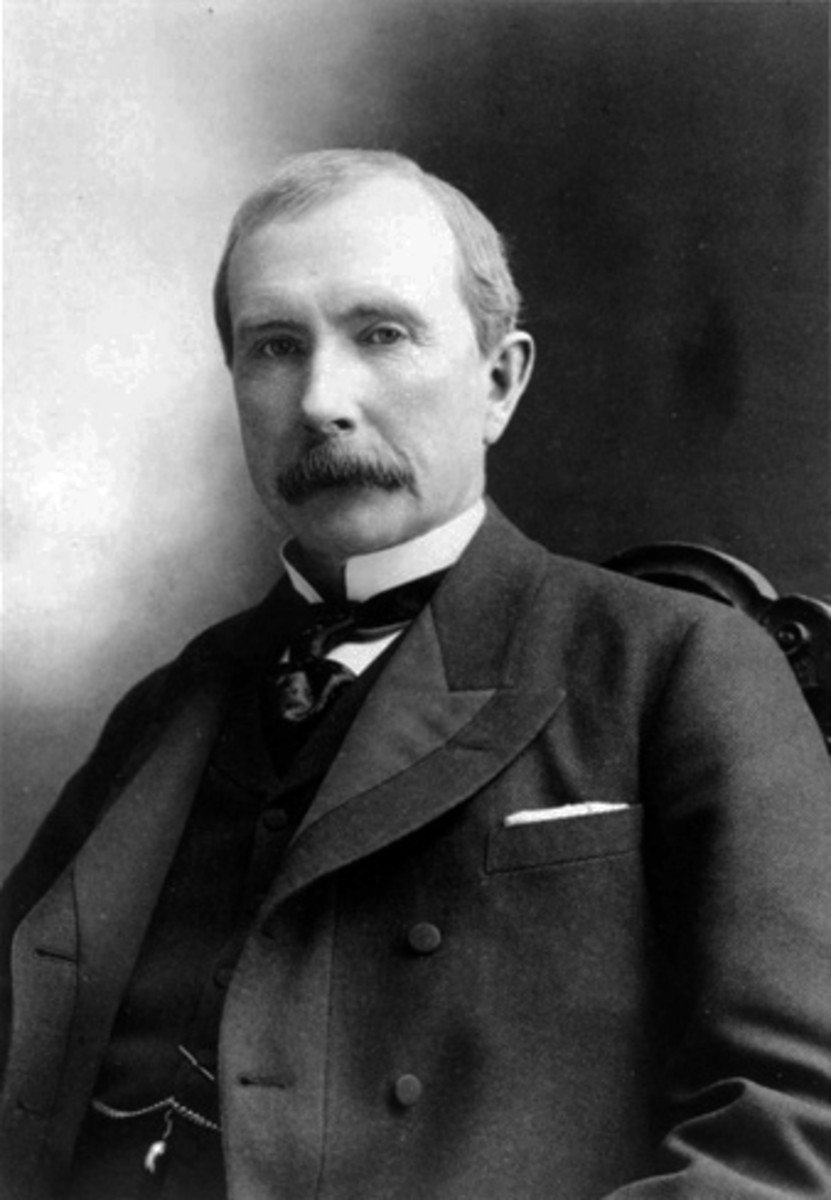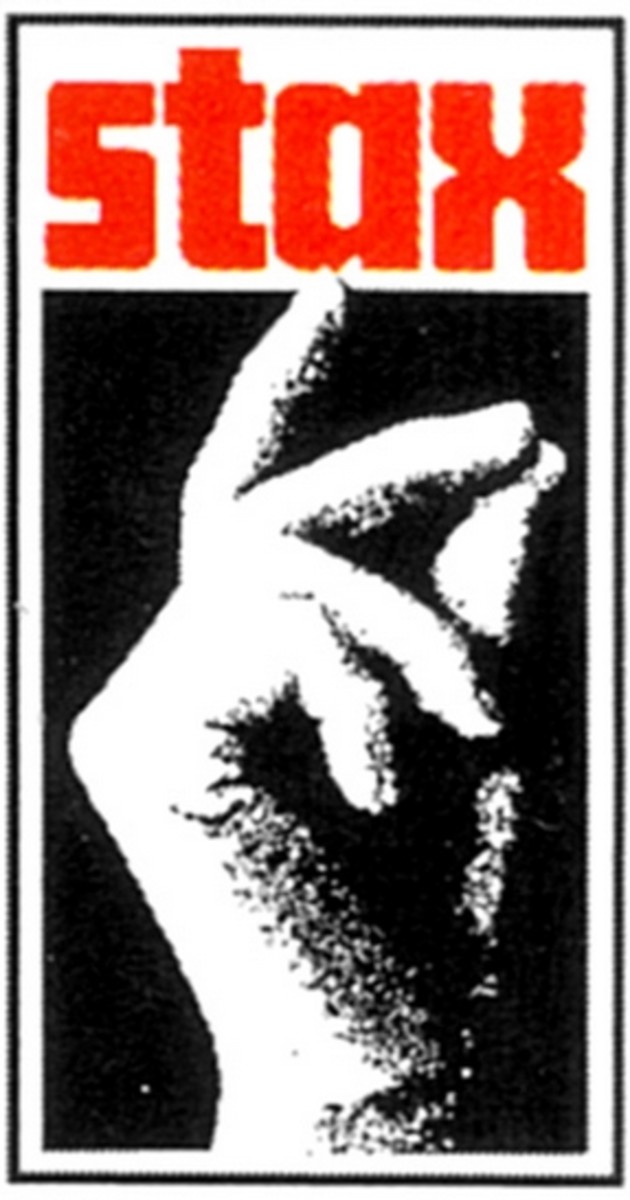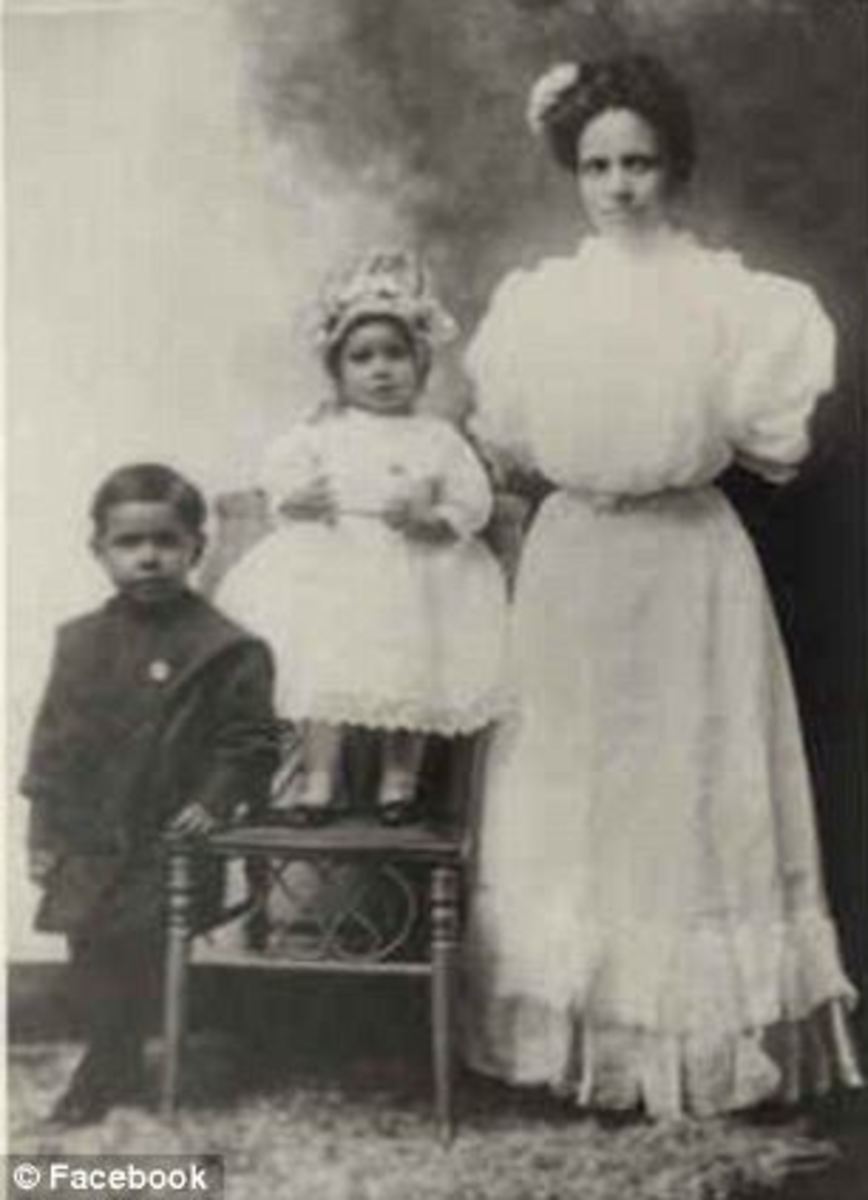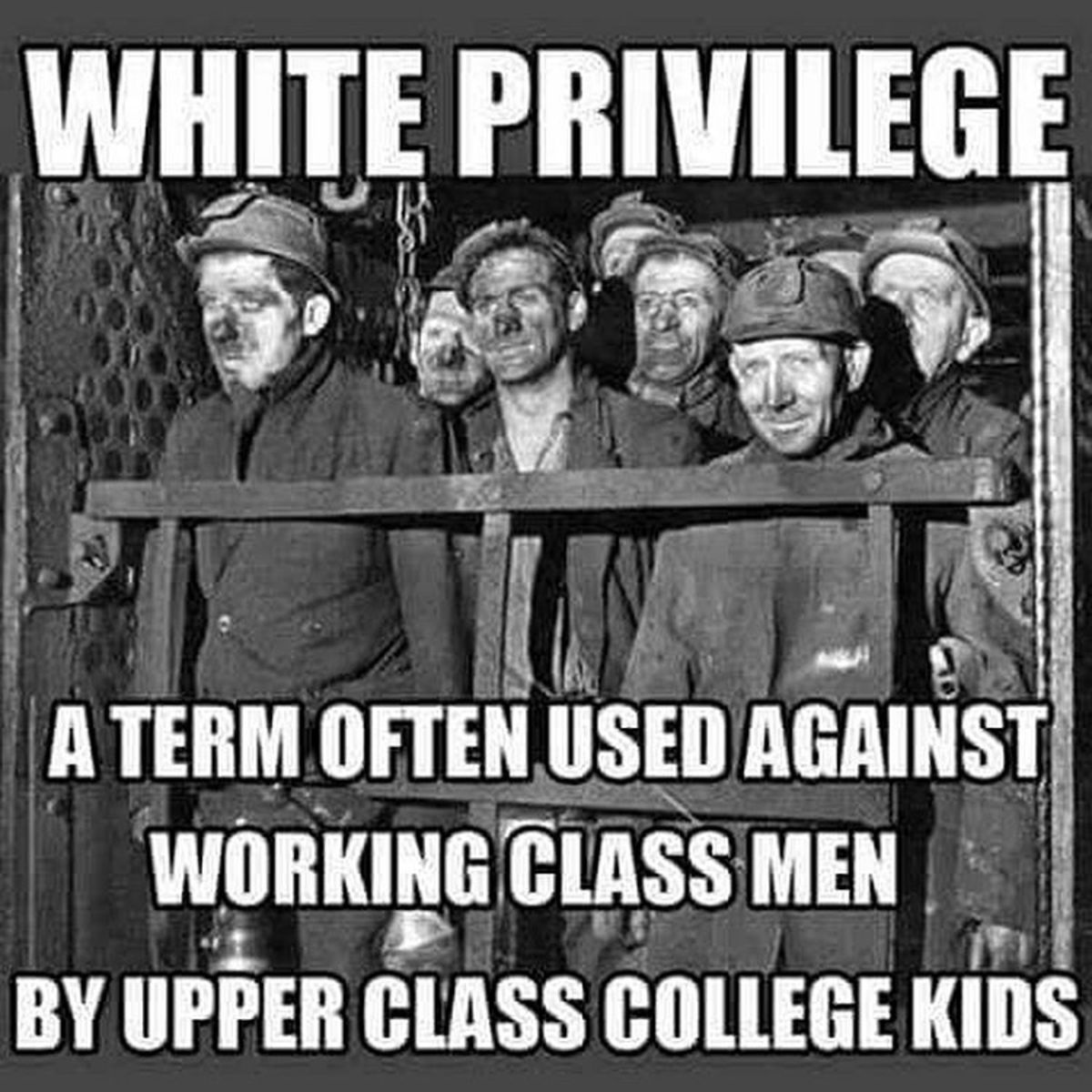Andrew Carnegie and Booker T. Washington: Two figures from the Gilded Age
Booker T. Washington
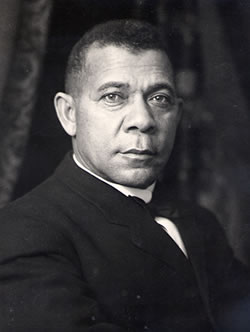
Carnegie & Booker T. Washington
Two Figures from the Gilded Age: Andrew Carnegie & Booker T. Washington
By Michael M. Nakade
(Guest lecturing by two figures of the Gilded Age. Their speech to a high school history classroom is based on the author’s imagination. The author relied on The Teaching Company’s Lecture Series – The American Identity by Prof. Allitt)
Moderator: The Term, “Gilded Age” was coined by Mark Twain, the internationally renowned American author to describe the period in America from 1878 to 1900. Twain’s book, “Gilded Age: A tale of Today” captures the zeitgeist of that Era. Today we are going to meet two figures from this era and are going to get a taste of what it was like to live in that era in America. Interestingly, politicians in Washington took a back seat in this era. The most powerful men were industrial tycoons who accumulated wealth beyond anyone’s previous imagination. Their lavish lifestyles were both resented and satirized in American public life. Let’s meet the first guest, Mr. Andrew Carnegie.
Andrew Carnegie: It’s an honor to be considered a key figure of the Era Known as the Gilded Age. I suppose that my ‘rags to riches’ story is appropriate for the representation of this era. I was born very poor in Scotland. My family migrated to Pennsylvania in 1848. I was then 12-years-old. I worked as a textile factory hand, messenger, and railroad telegrapher. I worked hard and willingly, receiving one promotion after another. After saving up some money, I became an investor. The timing was perfect. The Civil War just ended when I became an investor, and I was able to make a fortune. In 1872, I decided to take a chance on a steel industry. Although I knew nothing about the steel industry, I made my own observation and decided that it would be the industry of the future. A new way of producing steel was developed in England, and I was going to incorporate that method of production in Pittsburgh, Pennsylvania. I was right in my prediction. Steel was in great demand during that time, since railroads everywhere in the world demanded more steel rails. I made more money, as a result.
My fame was not just because of the huge profit from the Steel Company. My fame also came from the way I ran the company. I modernized equipment constantly and pioneered in so-called vertical integration. You know what that is? I did not just operate the steel company. To make the company run more cost effective, I acquired iron ore mines, coal mines, Great Lakes steamers, and railroads. Everything was integrated so that my company’s steel would be produced and sold faster. Students in the field of business management study my method of running the big corporation to this day.
In 1889, I wrote a book called “The Gospel of Wealth,” and I stated that rich people must use their wealth wisely to aid the less fortunate. I donated a large portion of my wealth to support education and arts. There is a school called Carnegie and Mellon University in Pittsburgh. There is the Carnegie Foundation to benefit those who pursue visual arts and performing arts. I also supported libraries throughout America. I talked the talk and walked the walked.
In my book, I also mentioned that I was lucky to be a person of Anglo-Saxon origin. I came to America at a young age, but I didn’t have to learn English. With my hard work and talent, I could succeed, and I sincerely believed that it had much to do with my racial background. I read up on Herbert Spencer’s work on social Darwinism. I really believed that it was natural that someone like me succeeded in America. America is a great country. Opportunities to succeed are given to everyone, equally. It is up to each individual to make it or not make it. Results are not guaranteed, and that’s what makes our lives in America both exciting and challenging. Thank you.
Moderator: Thank you, Mr. Carnegie. Your legacy is still being felt by the people of the 21st century. Now, I’d like to call Mr. Booker T. Washington of Tuskegee Institute in Alabama.
Booker T. Washington: Thank you. It’s good that I get to speak right after Mr. Carnegie. Now, students get to compare and contrast my story with Mr. Carnegie’s.
Let me begin my lecture by saying that the race relation in the South after the Civil War was very challenging. I was a slave during the first nine years of my life. Like other four million slaves in America, I gained my freedom when the Confederacy was defeated in 1865.
As a young boy, I became a house servant for Mrs. Ruffiner’s home. That’s where I learned the values of punctuality, sobriety, and orderliness. I was also able to study at night on my own and learned basics of reading and writing. Later in my life, I enrolled in an industrial school in Virginia and learned important vocational skills. After graduation, I became a teacher at this school.
Then, a fabulous opportunity was presented to me. I was asked to take over the new Tuskegee Institute in Alabama. I worked with my students, and together we made the school America’s premier agricultural and industrial school for black students.
I was blessed with an oratory skill, and this skill came in handy when I needed to do fundraising. I traveled to the North and explained to potential donors how important this school is for black youth in the South. I told my listeners that Tuskegee Institute is where young black men would learn basic industrial and agricultural skills in order to be a part of the nation’s larger economy. I purposely said that abstract intellectual work was not as important as learning practical vocational skills for black men. With this argument, I was able to secure much needed financial support from Mr. Andrew Carnegie and Mr. John D. Rockefeller.
In 1895, I gave a speech at the Cotton States Exposition in Atlanta. That made me nationally famous, and I became a leader of my race. I advocated for racial conciliation and cooperation between black and white southerners. My point was that each race represents each finger attached to the palm. Each finger fulfills its role and function, and yet all five fingers belong to the palm. Blacks and whites may be different, but we all live in the same country, and we can work together. A few weeks later, I received a letter of congratulation from President Cleveland for this speech.
In 1901, I was invited to the White House and dined with President Teddy Roosevelt. He sought my advice on race relations.
But you know, I was widely criticized by a group of east coast black people for my conciliatory stance toward the whites. One man in particular was highly critical of my insistence that black youth would need to acquire vocational skills rather than need to study abstract ideas. His name is W.E.B. Dubois. He had a different approach toward black people’s gaining equality in American society. We didn’t get along.
I was also criticized for not publicly opposing segregation in the South. Jim Crow Law was everywhere at the time, and black people were always discriminated in public places. Lynching was also common against us. I never supported segregation, but I urged black Americans to live with it, at least for a moment. My hope was to train black people at various black colleges and schools so that they could be mainstreamed into America’s economy. Of course, I was fighting against racism, but it was done behind the scene. I just felt that the road to equality would take a long time and believed that it was not the right time to demand equality with the white folks when black people weren’t skilled workers in society. I was hopeful that our time would eventually come. Thank you for listening.
Moderator: Thank you, Mr. Washington. I realized that you had to go through much suffering as a child before advancing in the world. I am going to require my students to read your autobiography, “Up from Slavery.” I found your book to be most inspirational.



